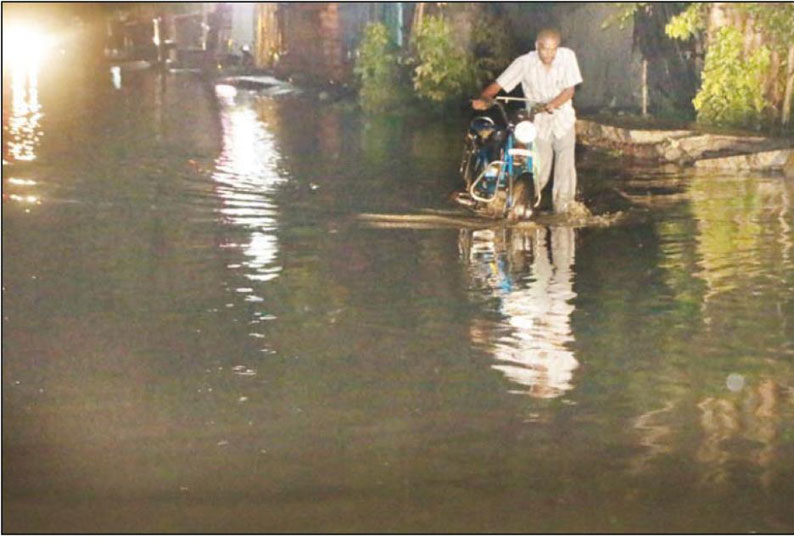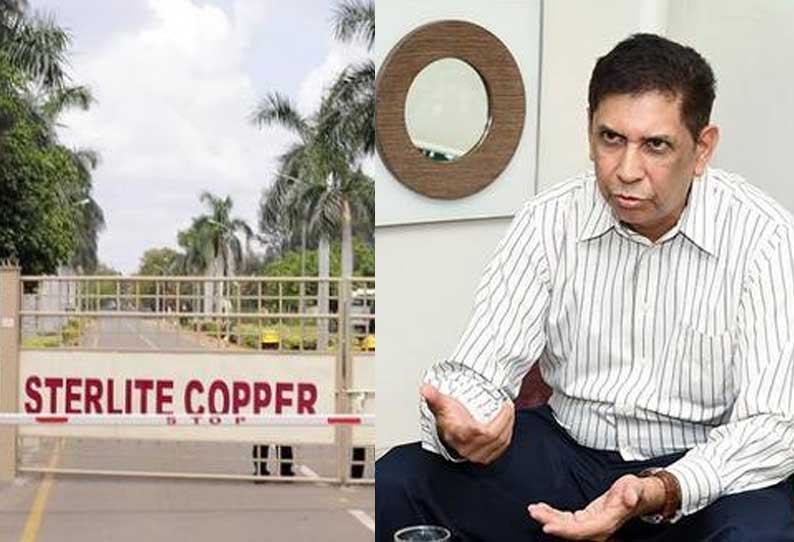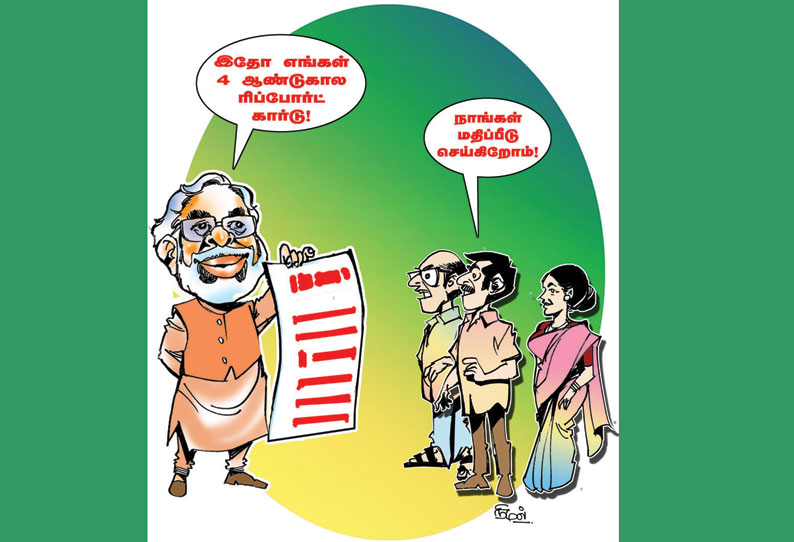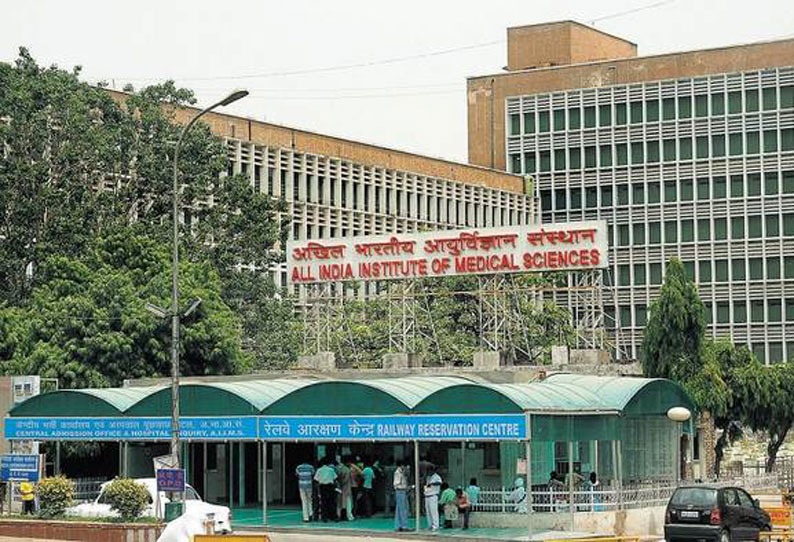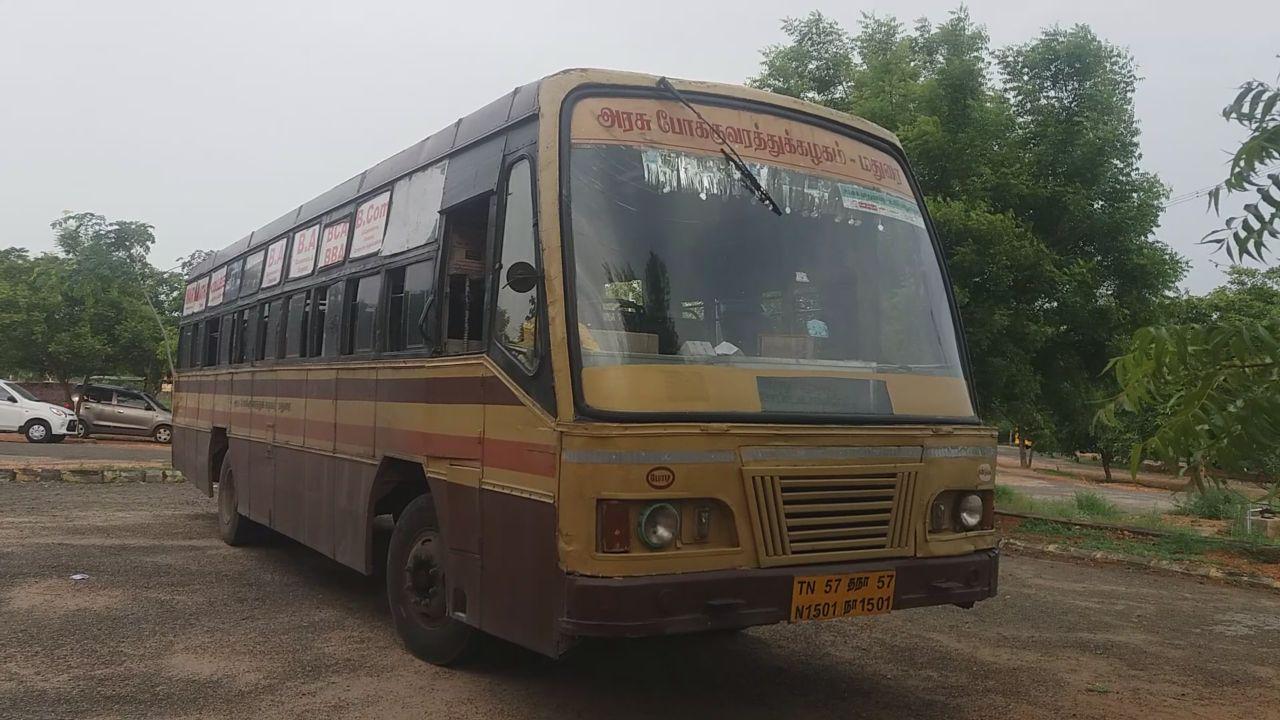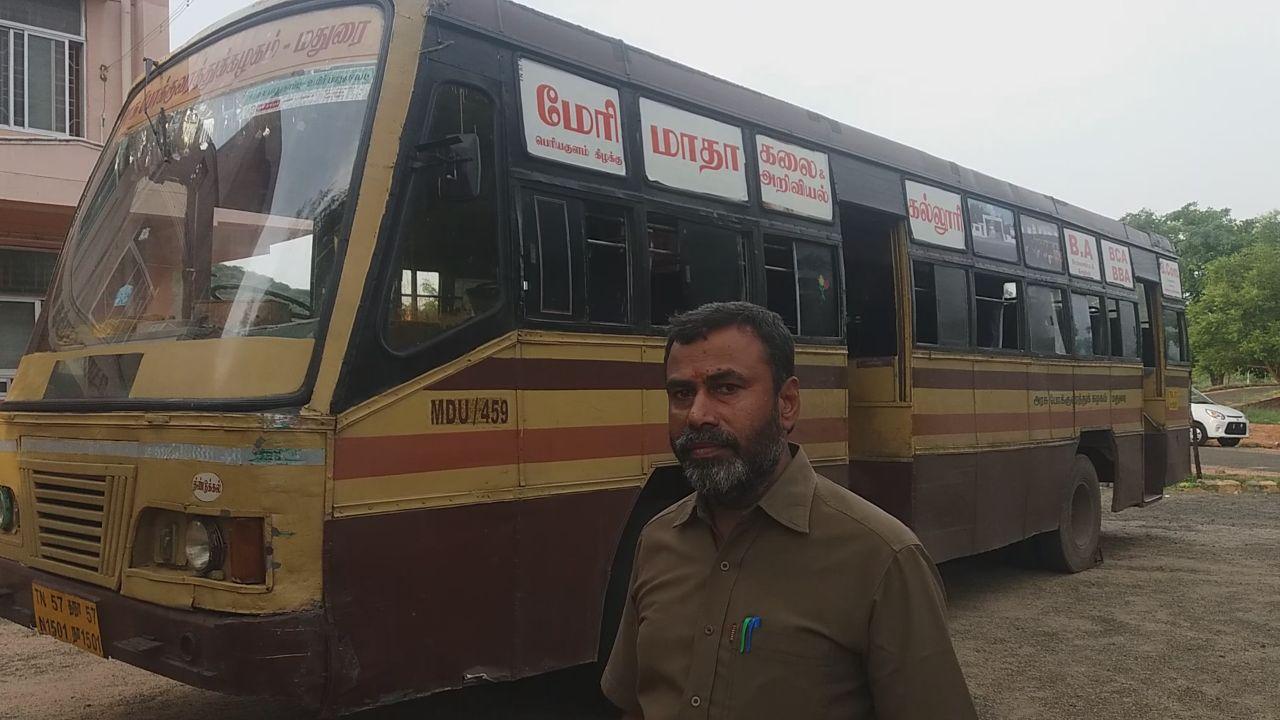Balanced diet advised during Ramzan
R. Sujatha
CHENNAI, May 26, 2018 00:00 IST

Health on a platter:Doctors advise that the meal during Ramzan should have lot of vegetables and fruits.FILE
PHOTOP_V_SIVAKUMAR
Medication should be adjusted to avoid complications, say doctors
Ramzan fast need not lead to breakdown of health for diabetics if blood sugar levels are maintained well and medications adjusted.
Diabetics are considered to be at risk of developing hypoglycemia, hyperglycemia, dehydration and acute metabolic complications such as diabetic ketoacidosis while fasting. Patients should consult their diabetologists six weeks before the fasting period so that the medications could be adjusted to ensure safe fasting, said K.P. Dinakaran, consultant diabetologist, at Lifeline Institute of Minimal Access.
Patients developed cardiovascular episodes after fasting and subsequent celebrations. This could be avoided if some simple steps were followed.
Since Muslims shun water during the fast, which typically lasts 12 hours of day time, doctors advise patients to drink plenty of water and sugar-free beverages (2 to 2.5 litres) during the non-fasting hours. Their meal should include a liberal dose of fruits and vegetables.
The human body synthesises fat during the evenings. Hence taking fat-rich food at night for iftar and high protein food during the suhoor (pre-dawn meal), could check episodes of hyperglycemia and hypoglycemia.
Delaying the morning food helped the body synthesise proteins and release energy slowly and thus balance sugar levels.
Light exercise
A. Ramanan, consultant diabetologist at Madras Medical Mission Hospital, said people having diabetes should be encouraged to do regular exercise during Ramadan.
“The physical exertions involved in Tarawih such as bowing, kneeling and rising, should be considered part of daily exercise,” he added.
R. Sujatha
CHENNAI, May 26, 2018 00:00 IST
Health on a platter:Doctors advise that the meal during Ramzan should have lot of vegetables and fruits.FILE
PHOTOP_V_SIVAKUMAR
Medication should be adjusted to avoid complications, say doctors
Ramzan fast need not lead to breakdown of health for diabetics if blood sugar levels are maintained well and medications adjusted.
Diabetics are considered to be at risk of developing hypoglycemia, hyperglycemia, dehydration and acute metabolic complications such as diabetic ketoacidosis while fasting. Patients should consult their diabetologists six weeks before the fasting period so that the medications could be adjusted to ensure safe fasting, said K.P. Dinakaran, consultant diabetologist, at Lifeline Institute of Minimal Access.
Patients developed cardiovascular episodes after fasting and subsequent celebrations. This could be avoided if some simple steps were followed.
Since Muslims shun water during the fast, which typically lasts 12 hours of day time, doctors advise patients to drink plenty of water and sugar-free beverages (2 to 2.5 litres) during the non-fasting hours. Their meal should include a liberal dose of fruits and vegetables.
The human body synthesises fat during the evenings. Hence taking fat-rich food at night for iftar and high protein food during the suhoor (pre-dawn meal), could check episodes of hyperglycemia and hypoglycemia.
Delaying the morning food helped the body synthesise proteins and release energy slowly and thus balance sugar levels.
Light exercise
A. Ramanan, consultant diabetologist at Madras Medical Mission Hospital, said people having diabetes should be encouraged to do regular exercise during Ramadan.
“The physical exertions involved in Tarawih such as bowing, kneeling and rising, should be considered part of daily exercise,” he added.













